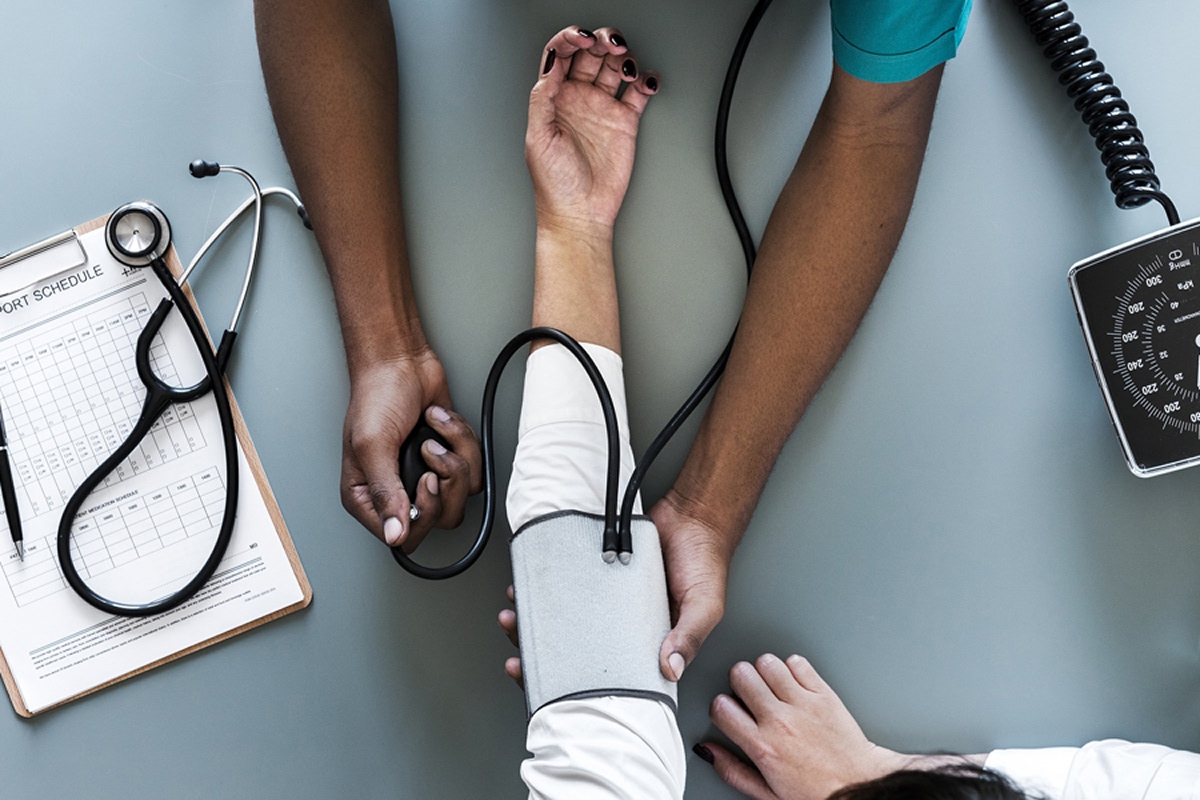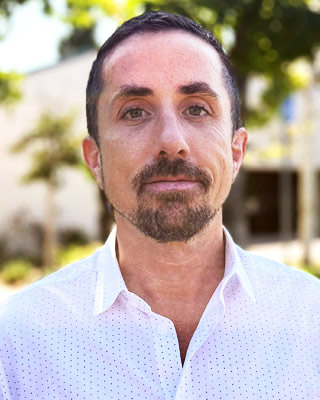Key Takeaways
- Medical detox safely manages withdrawal with professional care and proven medications.
- Detox length and symptoms vary by substance but can be controlled with the right support.
- 12 South Recovery provides medical supervision and emotional care during detox, helping clients transition into ongoing treatment with confidence.
A Fresh Start Begins Here
Taking the first step toward recovery from drug or alcohol addiction can feel like the biggest hurdle, but it is also the most important one. At 12 South Recovery, our medically supervised detox provides the safest way to begin healing. A medical detox protects your health, reduces withdrawal symptoms, and prepares you for ongoing addiction treatment. With professional care and constant support, detox becomes the foundation that allows you to move forward with strength and confidence.

What is Medical Detox
Medical detox is the process of safely removing drugs or alcohol from the body while managing withdrawal symptoms under clinical supervision. Unlike quitting cold turkey at home, this approach involves trained medical staff, structured detox protocols, and proven medications.
The purpose of medical detox is simple:
- Stabilize your body during withdrawal
- Reduce dangerous complications such as seizures, dehydration, or heart problems
- Make symptoms more manageable with professional care
- Begin emotional support so recovery feels possible from the start
At 12 South Recovery, medical detox is a supportive environment where your comfort and safety come first, giving you the strength to continue into residential or outpatient addiction treatment.
How is a Medically Induced Drug Detox Treatment Administered
A medically induced drug detox treatment is administered in carefully monitored stages:
- Assessment – Doctors and clinicians review medical history, drug use patterns, and mental health conditions. Lab tests are often included to measure substance levels in the body.
- Stabilization – Medications such as Suboxone, naltrexone, or benzodiazepines are introduced as needed to control cravings, ease anxiety, and prevent seizures.
- Monitoring – Vital signs like heart rate, blood pressure, and hydration are tracked around the clock to catch complications early.
- Supportive Care – Nutrition, hydration, and emotional reassurance are provided to strengthen the body and mind during withdrawal.
- Transition – Once stable, clients are guided into residential, PHP, or IOP programs for long-term recovery.
This process is handled by medical professionals who make adjustments daily to suit each client’s needs. Every detail is focused on safety and preparation for the next stage of addiction treatment.
Is Medical Detox Painful?
Medical detox is designed to minimize pain, but some discomfort is natural as the body adapts. Common symptoms include nausea, sweating, headaches, and muscle aches. For substances such as opioids or alcohol, symptoms can be more intense without treatment.
At 12 South Recovery, medical support reduces these challenges. Medications like Suboxone for opioids or benzodiazepines for alcohol withdrawal are administered to make symptoms more tolerable. Emotional support also plays a role, reminding clients they are not going through it alone.
How Long is a Medical Detox?
The length of detox depends on several factors:
- Alcohol: usually 3–7 days
- Opioids like heroin: about 5–10 days
- Benzodiazepines: 10–14 days or longer due to tapering requirements
- Stimulants such as cocaine or methamphetamine: typically under a week, though psychological symptoms can persist longer
On average, medical detox takes about a week. Longer durations are common when multiple substances are involved or when health complications arise.
What Happens to Your Body During Drug Detox
During detox, your body goes through significant adjustments:
- The brain starts restoring natural chemical balance without the influence of drugs.
- The liver processes and clears toxins from the bloodstream.
- The central nervous system reacts, which can cause tremors, anxiety, or rapid heartbeat.
- Appetite, sleep, and mood begin to fluctuate as the body resets.
These reactions are signs that healing has begun. Medical supervision ensures these shifts are managed safely and without unnecessary suffering.
Does Detox Usually Take Place in a Hospital
Detoxification can take place in a hospital setting, especially when withdrawal symptoms are severe or life-threatening. Hospitals are equipped to stabilize medical emergencies, but they often focus only on immediate physical safety. Once the crisis has passed, patients are usually discharged without the ongoing therapeutic support needed for recovery.
At 12 South Recovery, detox is administered in a specialized treatment environment that provides both medical monitoring and emotional care. Instead of returning home after stabilization, clients can smoothly transition into our Partial Hospitalization Program (PHP). This step-down level of care offers structured treatment during the day, including therapy and relapse prevention, while allowing clients more flexibility than inpatient care. By moving from medical detox directly into PHP, clients receive continuous support for both their physical health and their mental wellbeing, ensuring the progress made in detox carries forward into the next phase of recovery.
Why is Drug Withdrawal So Painful
Drug withdrawal is painful because the brain and body adapt to substances over time. When drugs are removed, natural systems struggle to balance themselves again. For example:
- Opioid withdrawal causes body aches due to suppressed endorphins.
- Alcohol withdrawal creates tremors and seizures as the nervous system reacts to sudden change.
- Stimulant withdrawal leads to exhaustion and depression as dopamine levels crash.
The pain is temporary, but medical detox helps reduce its intensity and prevent dangerous complications.
What Medications are Used in Drug Detox
Medications used in detox depend on the substance:
- Opioids: Suboxone, methadone, and naltrexone reduce cravings and stabilize withdrawal.
- Alcohol: Benzodiazepines help prevent seizures and calm the nervous system.
- Benzodiazepines: A gradual taper is required, supported by medical oversight.
- Stimulants: While no FDA-approved medication exists, antidepressants or sleep aids may be used.
These medications are part of detox protocols that aim to protect health and create comfort during withdrawal.
Start Your Recovery Journey at 12 South Recovery
Detox is the first step in taking back your life. With the right support, safety, and encouragement, you can move from withdrawal into lasting recovery. At 12 South Recovery, our medically induced detox treatment combines expert clinical care with a supportive, family-focused approach.Call 12 South Recovery Today! Let us guide you through detox and into a future free from drugs and alcohol.































